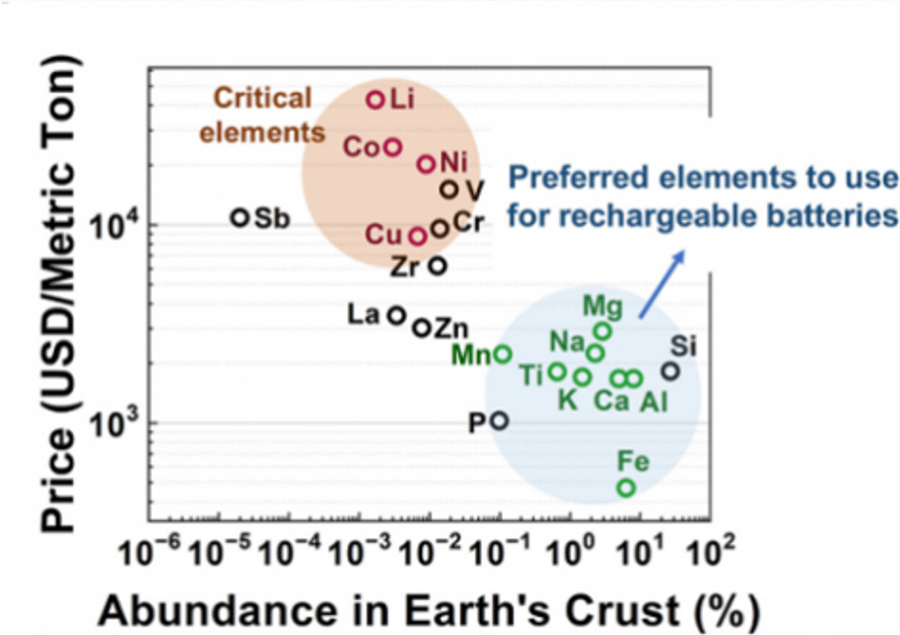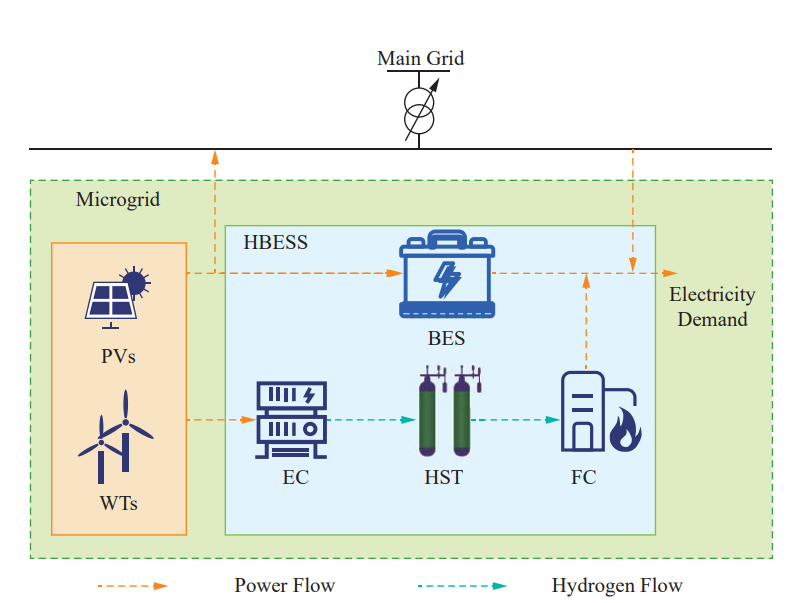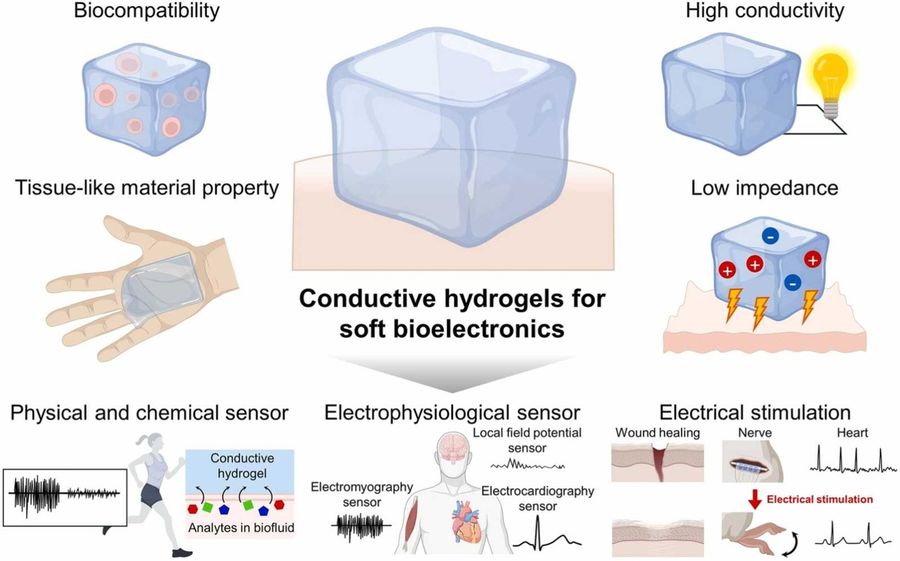KNOXVILLE, TN, December 24, 2024 /24-7PressRelease/ — Scientists are exploring non-lithium-ion batteries as a sustainable alternative to traditional lithium-ion batteries, focusing on sodium, potassium, magnesium, and calcium-ion technologies. This research is crucial for developing clean energy systems that are both environmentally friendly and rely on abundantly available elements, ensuring a more secure and eco-friendly future for energy storage.
Lithium-ion batteries have been instrumental in the rise of portable electronics and electric vehicles (EVs). Yet, their reliance on finite and geographically concentrated resources like lithium, cobalt, and nickel poses critical challenges. Supply shortages and rising costs threaten the scalability of this technology, especially with EV demand surging. To address these pressing issues, researchers are urgently seeking more sustainable and cost-effective solutions.
On January 12, 2024, eScience published (DOI: 10.1016/j.esci.2024.100232) a perspective by teams from Lawrence Berkeley National Laboratory and Stevens Institute of Technology. The study explores the potential of non-lithium-ion batteries, identifying both opportunities and challenges. This research underscores the importance of alternative energy storage technologies in mitigating material shortages and enhancing applications across sectors.
The study spotlights the unique advantages of sodium, potassium, magnesium, and calcium-ion batteries. Sodium-ion batteries are poised to lead the transition, offering cost-effective energy storage for grid systems and mid-range EVs. Potassium-ion batteries, despite challenges linked to their larger ionic size, show potential for low-cost applications in microgrids and backup power systems. Magnesium-ion batteries stand out for their higher volumetric capacity and resistance to dendrite formation, though polarization issues currently limit their efficiency. Calcium-ion batteries promise impressive energy density but require breakthroughs in electrode-electrolyte stability. Both magnesium and calcium systems hold great promise for future innovation but demand continued refinement to meet performance goals.
“Non-lithium-ion technologies represent an exciting opportunity to diversify and optimize energy storage,” says Prof. Haegyeom Kim. “Sodium and potassium batteries are particularly well-suited for cost-sensitive applications, while magnesium and calcium systems have the potential to achieve high energy density, setting the stage for long-term solutions in clean energy.”
These emerging battery technologies are uniquely positioned to address specific energy storage needs. Sodium-ion batteries are well-suited for large-scale, stationary applications like grid storage and home backup power systems. Meanwhile, magnesium and calcium-ion batteries, with their potential for superior energy density, could find applications in personal mobility devices, such as e-scooters and bicycles. Together, these innovations promise to diversify and strengthen the global energy storage ecosystem, fostering a sustainable energy transition.
References
DOI
10.1016/j.esci.2024.100232
Original Source URL
https://doi.org/10.1016/j.esci.2024.100232
Funding information
Department of Energy under Contract No. DE-AC02-05CH11231. J.C.K acknowledges the Public Service Enterprise Group (PSEG) Foundation’s support to advance energy innovation research at Stevens Institute of Technology.
About eScience
eScience is an open access journal publishing the latest scientific and technological research emerging from interdisciplinary fields related to energy, electrochemistry, electronics and the environment. It focuses on delivering critical insights and highlighting innovation. Original, important or general interest contributions covering a diverse range of topics are considered.
Chuanlink Innovations, where revolutionary ideas meet their true potential. Our name, rooted in the essence of transmission and connection, reflects our commitment to fostering innovation and facilitating the journey of ideas from inception to realization.
Related Link:
http://chuanlink-innovations.com
# # #





